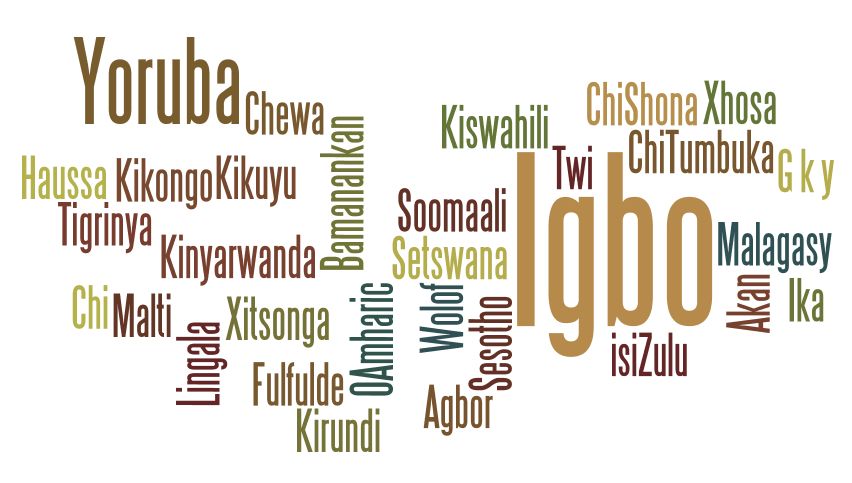My rage as a black person witnessing yet another moment in the endless cycle of racism in the US prevents me from engaging in "level headed" conversations with people who see this terribly unjust Ferguson ruling as just another news story to banter about at the water cooler. I need…
-
Activism - Afrofeminism - Blog - Kumbaya Politics - Race, Culture, Ethnicity - The Political, Personalized
-
Afrofeminism - Blog - Diversity - Diversity - Gender and LGBT Issues - Race, Culture, Ethnicity - The Political, Personalized
Straight Allies, White Anti-Racists, Male Feminists (and Other Labels That Mean Nothing to Me)
If my detest for words and definitions stems from anything at all it's the "allies" I've experienced in both my personal life and my work as an activist. I've met hundreds of "white allies," for instance, many of who profess their "consciousness" via some digital channel (e.g. an overly serious…
-
African Feminism - Africans for Africa - Afrofeminism - Blog - Diaspora Diaries - Special Series - The Political, Personalized
What Kind of African Doesn’t Speak Any African Languages? Me.
Last year, I attended a conference about Africa's development. In a session about African identity, we explored the question of whether one could claim to be African without being fluent in their mother tongue. Some said yes. But many said no. For this, I blame colonialism... and Sesame Street.
-
For Women’s History Month: Writing Our Way Back into History
In order to address the dearth of women's histories -- our stories, and voices being undocumented, under-valued, and falsely represented without reprimand -- women must begin telling their own stories. We must essentially write our way back into history.
-
Codice Bonus Gratuito Da 10000 Kyat – regione europea Get Started
Per i giocatori che utilizzano dispositivi pubblici o condivisi o gli utenti che preferiscono non archiviare app, l’uso del browser rimane un’opzione valida. Ottieni completamente l’eccitazione di adenina casinò da gioco zoppo con lo livello di interazione in tempo reale e girare . Ma di forma, questo esiste non garantire…
-
What Zoos Can Teach Us About Power
I will never visit another zoo again; too depressing. I saw too many parallels between the animals were treated (and even how they fought amongst each other for scraps thrown from tourists) to how marginalized groups  — people of color, immigrants, women, LGBT, natives etc — are forced to assimilate…
-
Twitter Chat Next Week: “Which Movement Does it Better: Climate Change or Nuclear Weapons?”
Which Movement Does It Better: Climate Change or Nuclear Weapons? Have you ever wondered why or how some social causes go viral, and create ripple effects that spill into real life while others – seemingly even more important – can’t seem to get their 15 minutes on Buzzfeed? What…
-
The Political Must Be Personalized
-
CAROL Film Review
It seems it doesn't matter what time period or continent I escape to; girl meets girl can never just happen in peace.




